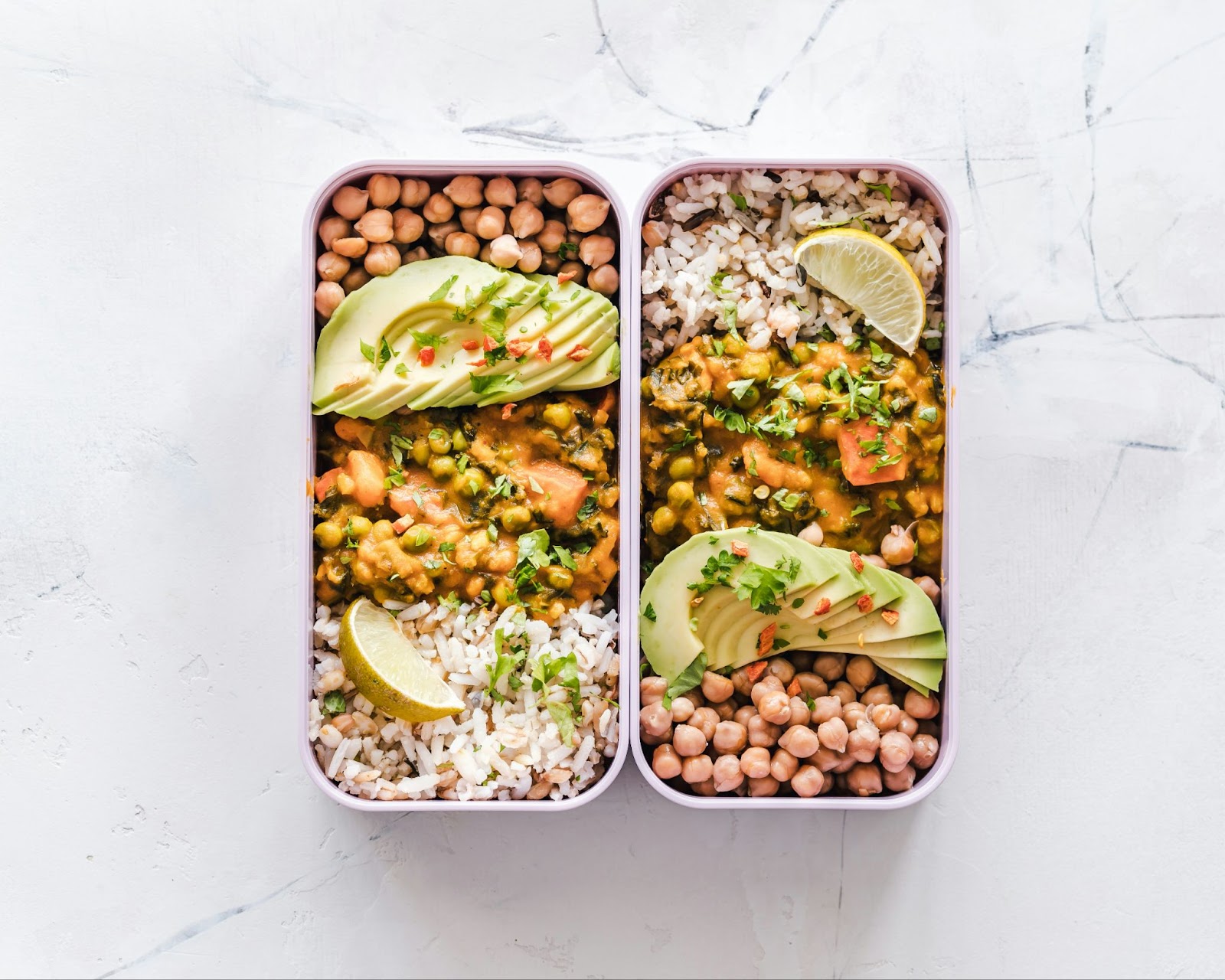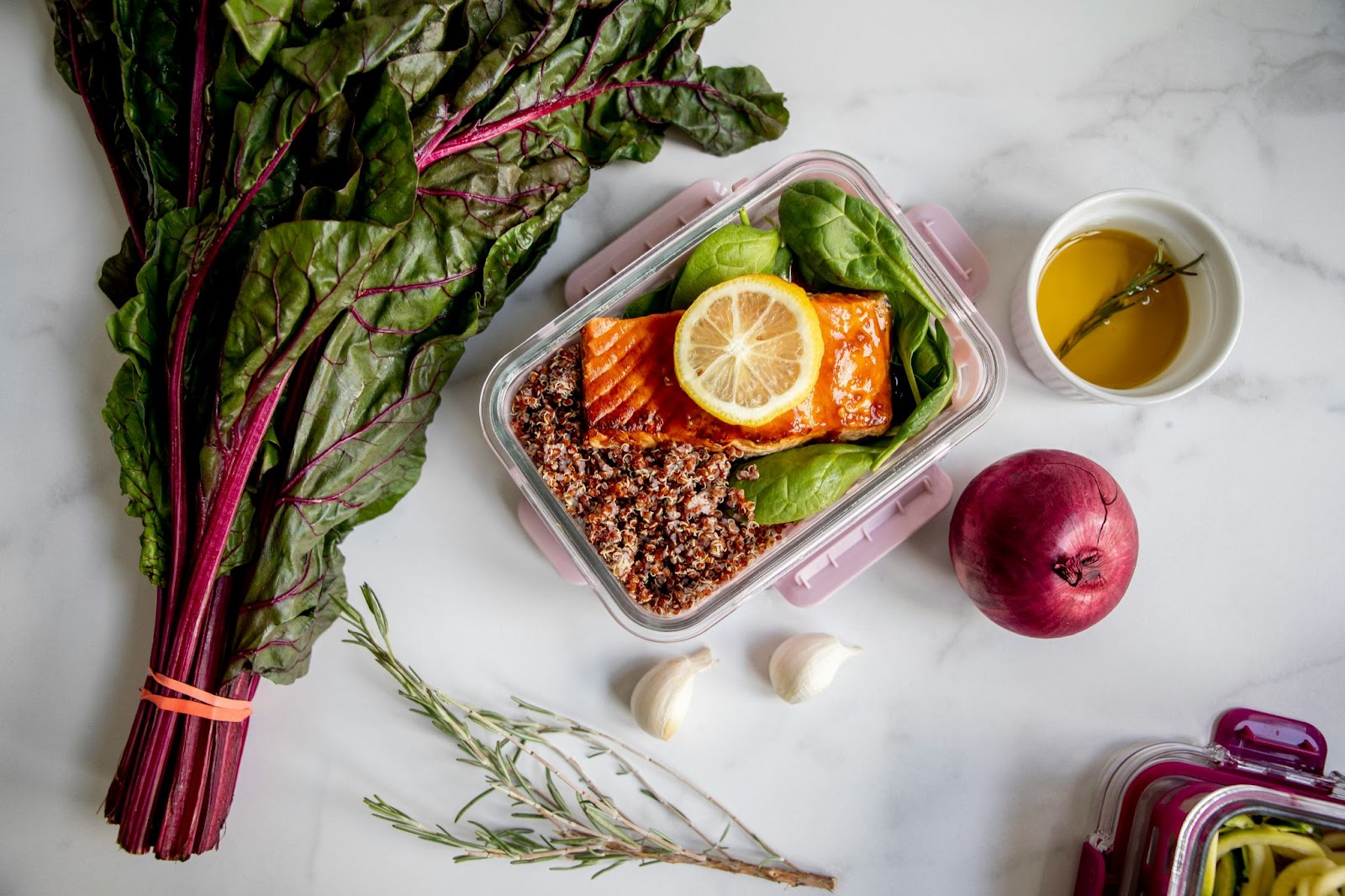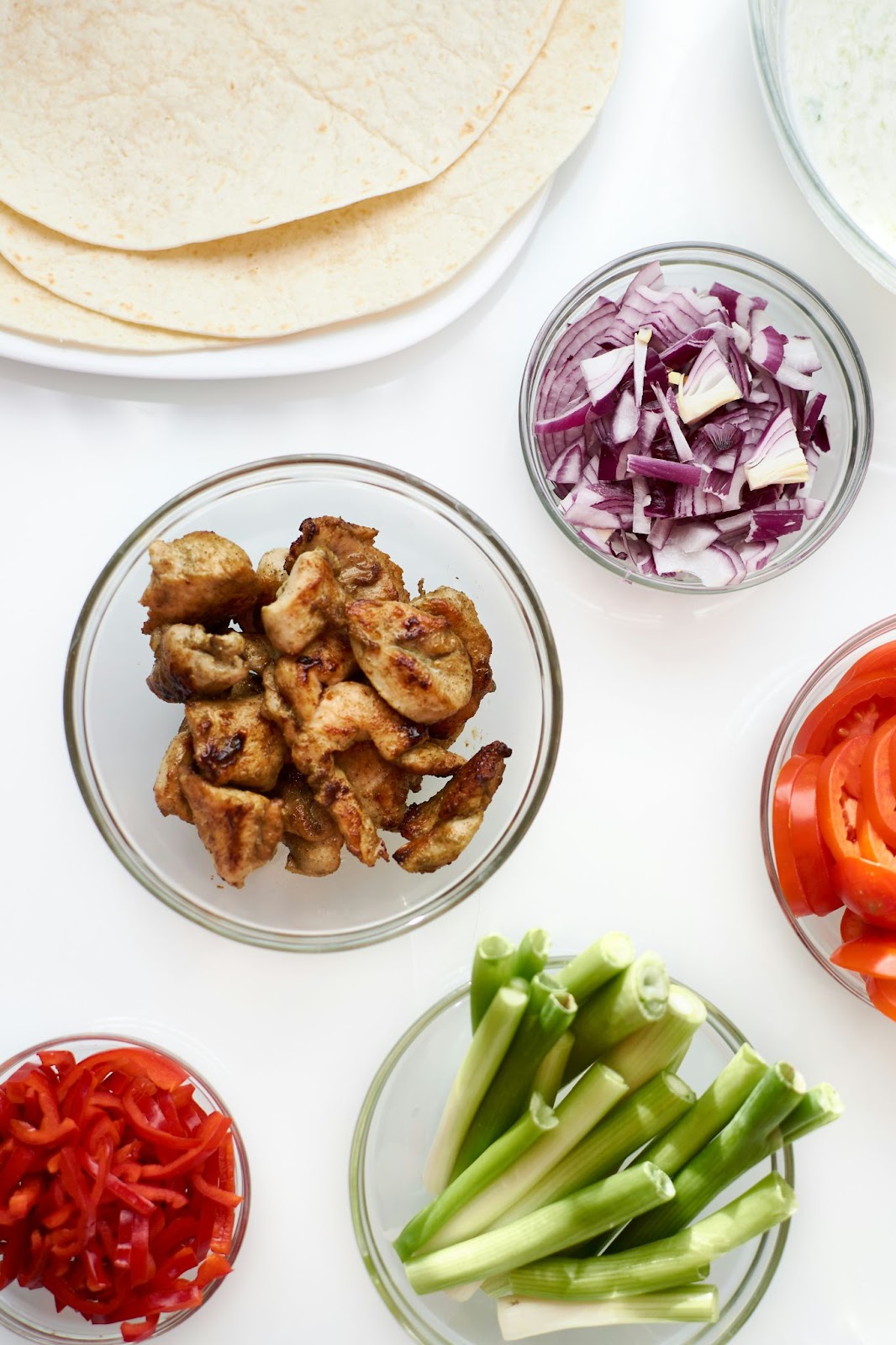Running a meal prep business in the health and dietary niche is both an opportunity and a challenge. Customers seeking specialized diets—whether Keto, Vegan, Gluten-Free, Paleo, Diabetic, or allergy-friendly—are some of the most loyal clients you'll ever find. But they're also among the most discerning. They need absolute trust that what you deliver is not only delicious but also safe, compliant, and aligned with their health goals.
This guide walks through the specific considerations of building and growing a meal prep service that targets dietary niches. We'll cover menu development, sourcing, allergen control, certifications, customer trust, and tailored marketing strategies—all built on data-backed research and insights from the health-prep market.

Consumer interest in specialized diets has exploded, and meal prep is at the intersection of two major trends: health-conscious eating and convenience.
The takeaway: Specialization matters. Consumers searching for "diabetic meal prep ideas" or "vegan gluten-free meal prep" aren't dabbling. They want reliable, simple, and safe solutions that fit strict lifestyles.
What is diet-specific meal prep?
Diet-specific meal prep is the structured planning, sourcing, and cooking of meals tailored to unique health or lifestyle restrictions (e.g., Keto for carb-limiting, Gluten-Free for celiac safety, or Diabetic-friendly meals that regulate blood sugar).
Beyond recipes, consumers crave systems: meal calendars, batch-cooking strategies, and "Prep Day" checklists. The current content landscape (Mayo Clinic, EatingWell, ADA) offers recipes but little practical instruction on execution. This is the gap—you can fill it by offering plans that reduce stress and provide predictability.
Why it matters to customers:

Each dietary niche requires both technical knowledge and creative menu design. Below are frameworks you can use:
Principles: High fat, low carb, moderate protein (target ratios: ~70% fat, 20% protein, 10% carbs).
Menu Focus: Protein-forward entrées (salmon, chicken thighs), fats from oils/nuts/avocado, and low-carb vegetables like zucchini, spinach, cauliflower.
Pro Tip: Invest in a reliable food scale and integrate macro calculators in your online ordering platform so customers can see exact carb counts at checkout.
Principles: No animal-based ingredients; focus on complete proteins (lentils + rice, quinoa, tofu).
Menu Focus: Varied textures and flavor-forward meals—avoid delivering the same buddha bowl over and over.
Pro Tip: Combine with gluten-free when possible—this intersection ("Vegan + GF meal prep") is underserved in the marketplace and highly searched.
Principles: Must be safe for celiac and wheat-sensitive clients. Zero cross-contact with gluten ingredients.
Menu Focus: Rice, quinoa, potatoes, GF-certified grains; proteins and vegetable-driven mains.
Pro Tip: Separate prep zones and use color-coded cutting boards to guarantee zero contamination.
Principles: Manage glycemic load by balancing carbs, proteins, and fibers. Avoid hidden sugars.
Menu Focus: Complex carbs (quinoa, lentils), lean proteins, vegetables, and healthy fats to stabilize blood sugar.
Pro Tip: Learn frameworks like the "Diabetes Plate Method"—half plate veggies, quarter protein, quarter whole grains. Incorporating this directly into your meal labeling builds credibility and safety for diabetic clients.
Principles: Eliminate common allergens (nuts, dairy, shellfish, soy) based on customer needs. Safety is top priority.
Menu Focus: Safe substitutions—almond-milk replaced with oat/coconut, sunflower seed butter vs. peanut butter, pea protein vs. soy.
Pro Tip: Transparent ingredient lists and allergen flags on your digital menu are non-negotiable.
What is cross-contamination in meal prep? It's the transfer of allergens from contaminated surfaces, utensils, or foods — a serious, often overlooked risk.
Regulatory best practices include:
Why this matters: Customers in dietary niches won't forgive mistakes. Safety isn't just service—it's brand protection.

Certifications function as external "trust signals." Depending on your market and audience, consider:
Even if full certification feels out of reach, highlight transparent auditing processes and ingredient sourcing on your site. Remember: trust builds repeat customers.
Why is marketing different for specialized diets?
Because your audience isn't "everyone." They're highly motivated, loyal, and often rely on community recommendations.
Show proof through testimonials. Real quotes from clients ("Bottle freed up over 20 hours a week compared to my previous system") resonate more than slogans.
Leverage SEO with niche visibility. Instead of "meal prep services," target long-tail: "diabetic-friendly meal prep delivery," "keto meal prep subscription," "vegan gluten-free meal plans."
Build thought leadership content. Sharing guides like "How to avoid cross-contamination in gluten-free kitchens" not only positions you as an expert but also earns search rankings against weaker competitor content.
SMS personalization. With tools like Bottle's built-in SMS marketing, send reminders: "Your diabetic-friendly meals for next week are now available. Reserve before Sunday!"
Here's how to turn this insight into business growth:
What is the most profitable dietary niche for meal prep businesses?
Keto and vegan/gluten-free are the fastest-growing, but diabetic-focused prep has less competition and strong trust-driven loyalty.
How do meal prep businesses avoid allergen contamination?
Through physical separation (dedicated prep surfaces, utensils), strict cleaning schedules, and transparent packaging with allergen disclosure.
Why do customers choose specialized prep services instead of traditional meal kits?
Because restrictive diets require confidence. Customers need assurance that the food won't just be convenient—it must be safe, compliant, and aligned to their health.
Do I need certifications to start?
Not strictly, but GFCO or organic certification accelerates trust and differentiation. Highlight your sourcing and prep methods from day one.
If you're serious about growing in this niche, now is the time to professionalize.
Bottle is built specifically for meal prep entrepreneurs like you:
Your customers want more than a recipe—they want peace of mind. With the right systems, you can become the trusted solution in their dietary journey.
Ready to build trust and scale your health-centered meal prep business? Book a demo with Bottle today.
Book your free strategy session with a meal prep growth advisor. We’ll discuss:



Book a call with a Bottle Meal Prep Advisor